This week Dr. Silvia Planella Conrado attended to the “1r Congrés Català del Treball”. This event took place on the 24th, 25th and 26th of April in Barcelona. During this formal meeting, representatives of the Catalan government, academia and social entities came together to discuss the future of work and make decisions to work-related policies for Catalonia.
One of the key discussions was related to how current economic, social and technological climate is impacting to the future of work. Not surprisingly, climate change and technological advances (artificial intelligence, sensors and Internet of Things) was brought up as a key elements to define future skill required on employees.
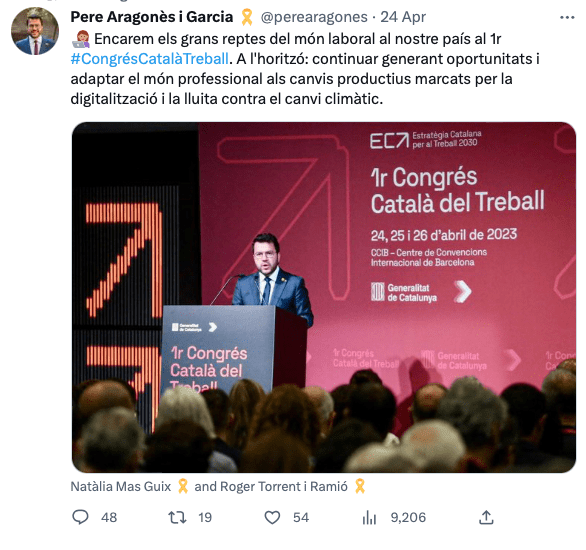
A call was made to focus on promoting what they called ‘traditional professions’ such as those related to the agriculture sector. It was highlighted that the generational change (with baby boomers quickly approaching retirement age) could leave deficiencies in the primary sector.
As a personal reflection, while farming can be considered a traditional profession, the sector is adding so many technological advances to their daily work than the skills required are quickly evolving. For instance, during our first VIN-Q experiment was noted that a representative number of vineyard are using some type of sensors to monitor their soil, weather patterns and production. There was also a keen interest in using drones as part of their monitoring practices and harvesting data to make more evidence-based decisions.
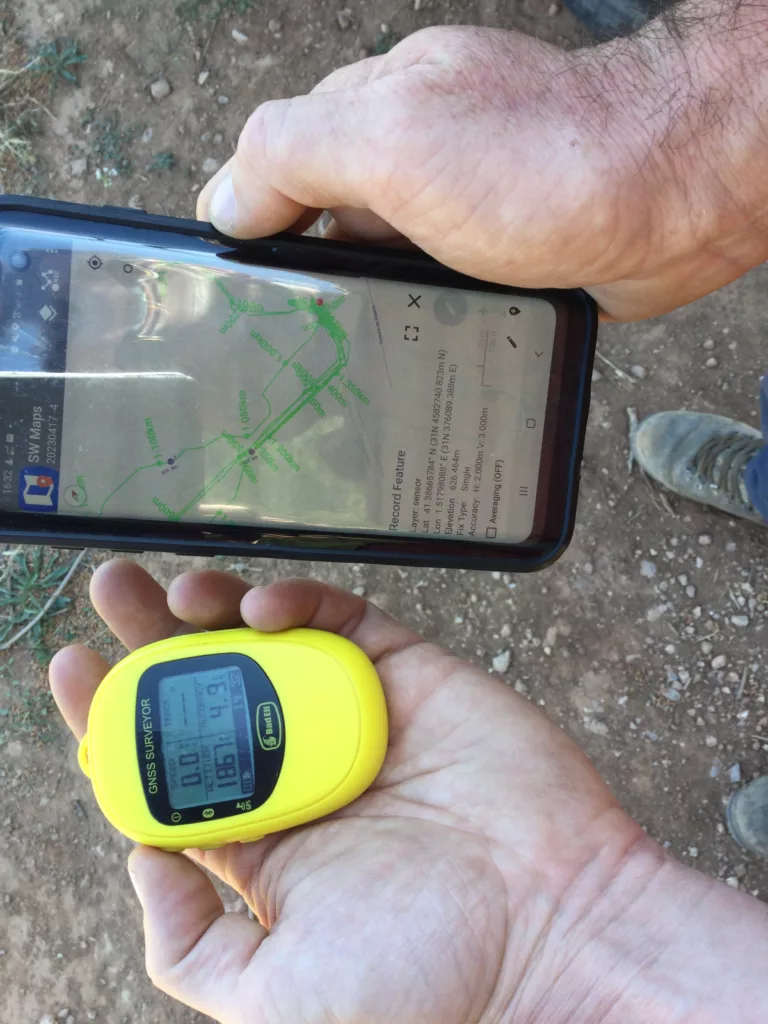
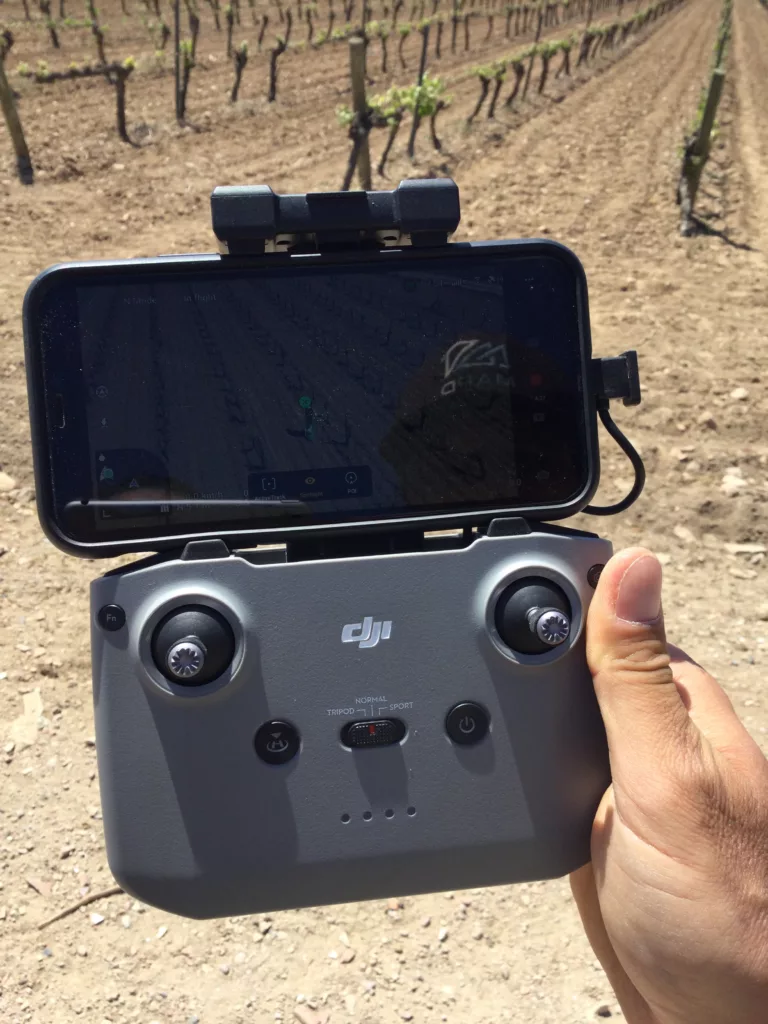
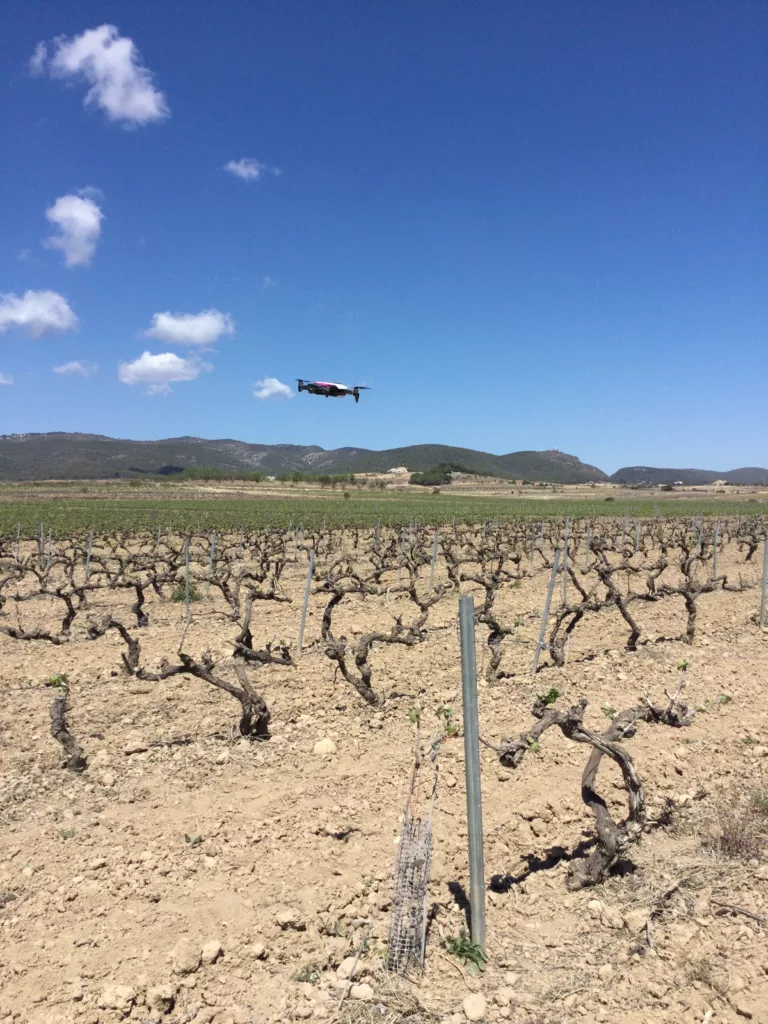
While our findings highlight that data collection is still fragmented and efforts must be made to integrate data sources, the idea that farmers are collecting data is encouraging. Going back to the future of work, skills (and tools!) must be developed not only to collect but also process, analyse and interpret these data sources. The role of cooperatives and their technicians is paramount to accessing the existing knowledge base. Therefore, I foresee an increasing need for technical savvy technicians to extract the value of the data harvested and its application to regenerative agriculture. It will be interesting to analyse the skills required to become proficient in regenerative and precision agriculture from a technological perspective. Is the agriculture sector able to create new trades, and can we attract the required talent?
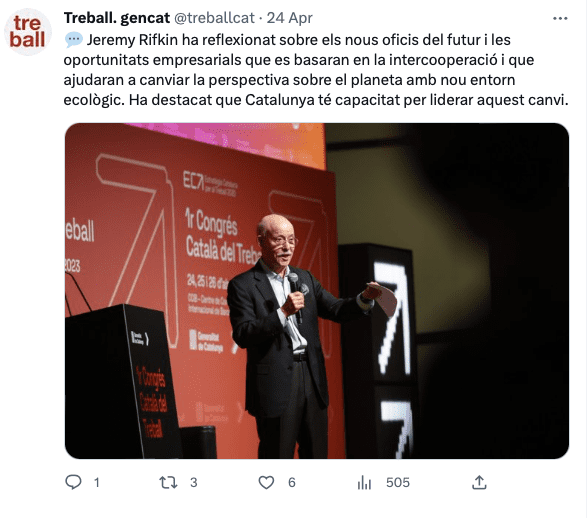


laiacl
El sector agrícola está en constante evolución y cambio, y sí, es una gran oportunidad para reflexionar sobre el futuro de la agricultura en Cataluña y en otras regiones del mundo.la tecnología está desempeñando un papel importante en la forma en que se realiza el trabajo en el campo, y es importante para las empresas y los agricultores mantenerse actualizados con las últimas novedades y soluciones tecnológicas para mejorar la eficiencia y la calidad de los productos agrícolas.
Como proveedor líder de tecnología en varios sectores, en Gili Group tenemos experiencia y la capacidad para apoyar a la industria agrícola en su transformación y en los desafíos futuros que puedan surgir. Esperamos ver cómo la tecnología continuará influyendo en la evolución de la agricultura a lo largo de los años.
Vladimir Baulin
you need to register to the website as a Technology provider and we link you with farmers